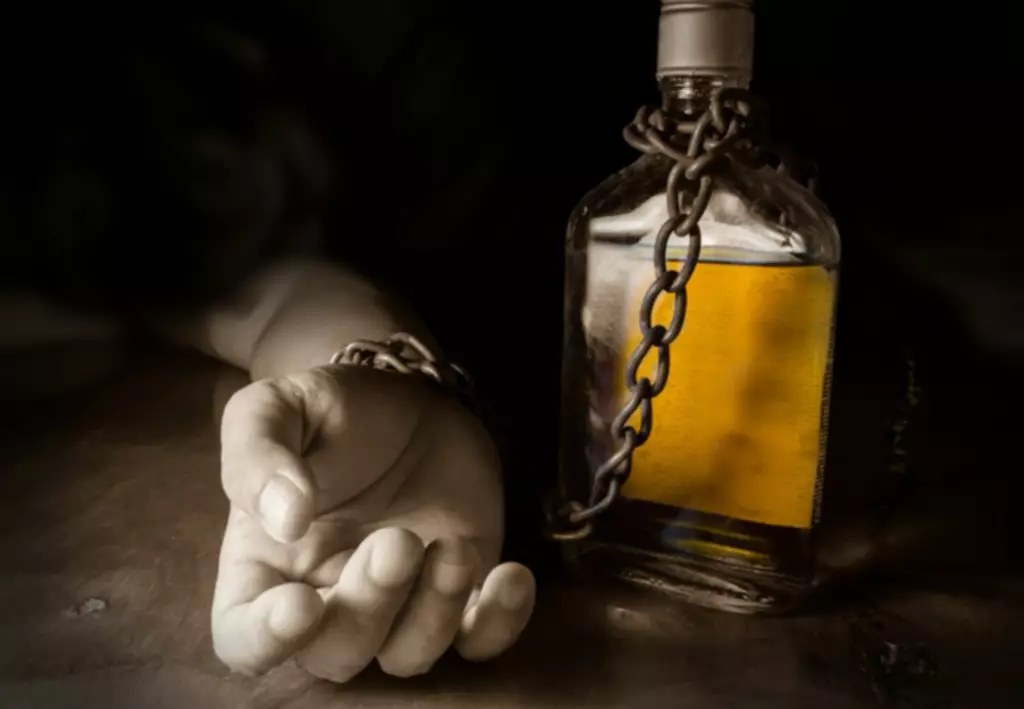
Alcohol doesn’t just lower inhibition, it can also act as a key to unlocking emotions that have been buried or suppressed. Many people drink to cope with stress, trauma, or unresolved feelings from the past. While alcohol might provide temporary relief, it often brings these emotions to the surface in unexpected ways. Alcohol has diuretic properties, which means it leads to alcohol mood swings and anger increased urination. This increased urination can result in substantial fluid loss, leading to dehydration.
Therapy
Mood swings may be treated with mood stabilizers, antipsychotic medications, or antidepressants, in conjunction with psychotherapy. It’s crucial to remember that everyone is unique, and treatment plans should be tailored to the individual’s needs. Individuals may begin withdrawing from family, friends, and social activities.
- Anger is an emotion experienced when you feel threatened and frustrated, while aggression is a behavior in which you can harm yourself, your family, and others.
- Peer-led groups such as Al-Anon or Families Anonymous unite people who are also coping with alcoholic loved ones.
How Does Alcohol Affect The Human Brain?

However, there are several effective techniques and strategies available to help you maintain emotional stability and achieve long-term sobriety. In early sobriety, it’s common to experience difficulty managing alcoholic mood swings, with ups and downs that can be both bewildering and challenging. These mood swings often necessitate significant changes in behavior and thought patterns for successful recovery. If you or someone you know is struggling with alcoholism and bouts of alcoholic rage, Dove Recovery offers individualized alcohol rehab in Columbus, Ohio. Our treatment programs provide a comprehensive, compassionate approach with medical stabilization and emotional support. Conversely, drinking alone or in isolation can lead to negative emotional states.

What’s the Connection Between Alcohol and Depression?
This is known as self-medication and can lead to addiction if left untreated. The reliance on alcohol as a coping mechanism can lead to an increase in emotional turmoil and instability. While alcohol may Sober living home provide temporary relief, it ultimately exacerbates emotional difficulties rather than alleviating them. I managed to build up a lot of anger over the years, which have been little things that were never spoken about or trauma from my past that comes up when drunk.
Leave a Reply